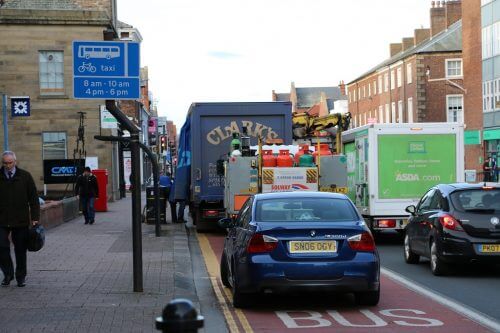
Having delved into recently published Bus Services Act guidance documents, our bus industry insider has come away pleasantly surprised and has the overall impression that they’ve been well thought
Iheard on the news as I sat down to write this that some study had concluded that Britain was the tenth most congested country in Europe (that good, then?!) and that it is costing everybody the equivalent of an average of £1,200 per annum more in commuting as a result (that little?). The explosion in the number of white delivery vans on the roads was most alarming and a major contributory factor. Don’t we just know it in the bus industry!
The Government is seemingly pinning its hopes, in as far as politicians have any meaningful interest or knowledge in buses, on the 2017 Bus Services Act helping to rejuvenate bus patronage, reduce congestion and emissions and boost the fortunes of local economies. It came as a surprise to me that I and a lot of other people seem to have failed to notice that there are now four of the guidance documents available on the appropriate website to support the Act. Given that the devil is always in the detail, these documents are the very ones which ensure that policy aspirations are practical and workable or contentious.
I was particularly impressed by Ralph Roberts’ (MD of McGills) hard hitting comments in his briefing note to Scottish MSPs before another sterile political debate about ownership and regulation, (CBW NEWS BUSES, February 6, 2018). “I have yet to meet a politician, who is willing to stand beside me and get abreast of the real facts of the matter and put together a real credible solution to the problems the bus passenger faces,” he said. […]
By subscribing you will benefit from:
- Operator & Supplier Profiles
- Face-to-Face Interviews
- Lastest News
- Test Drives and Reviews
- Legal Updates
- Route Focus
- Industry Insider Opinions
- Passenger Perspective
- Vehicle Launches
- and much more!


